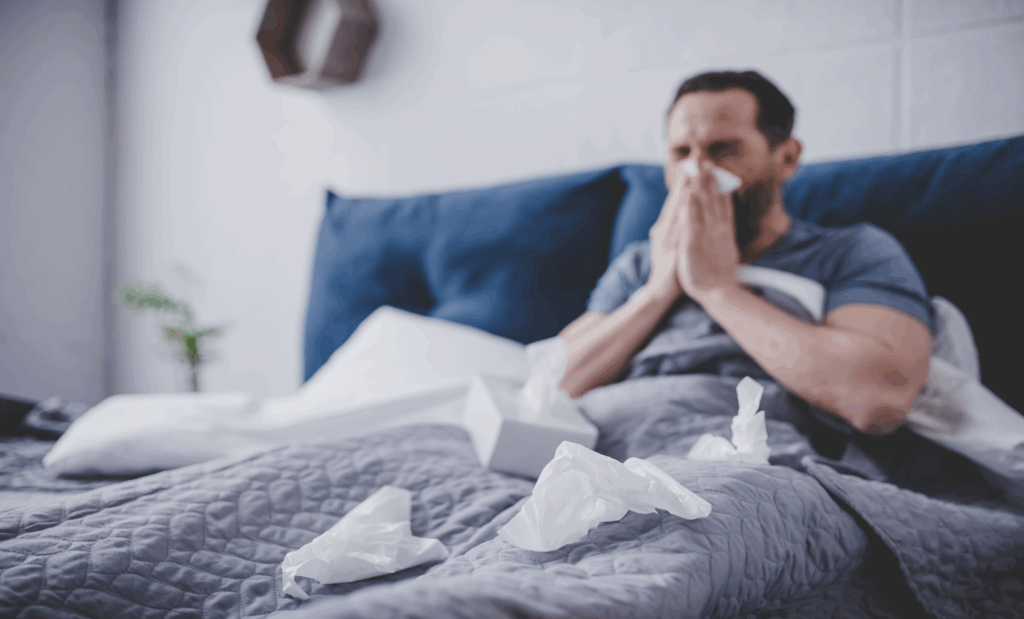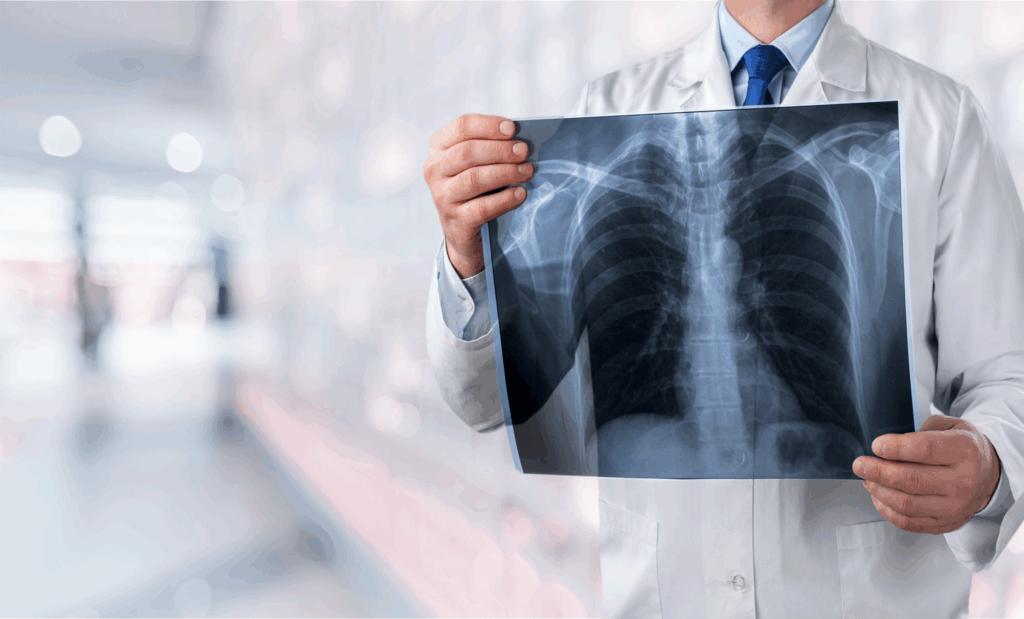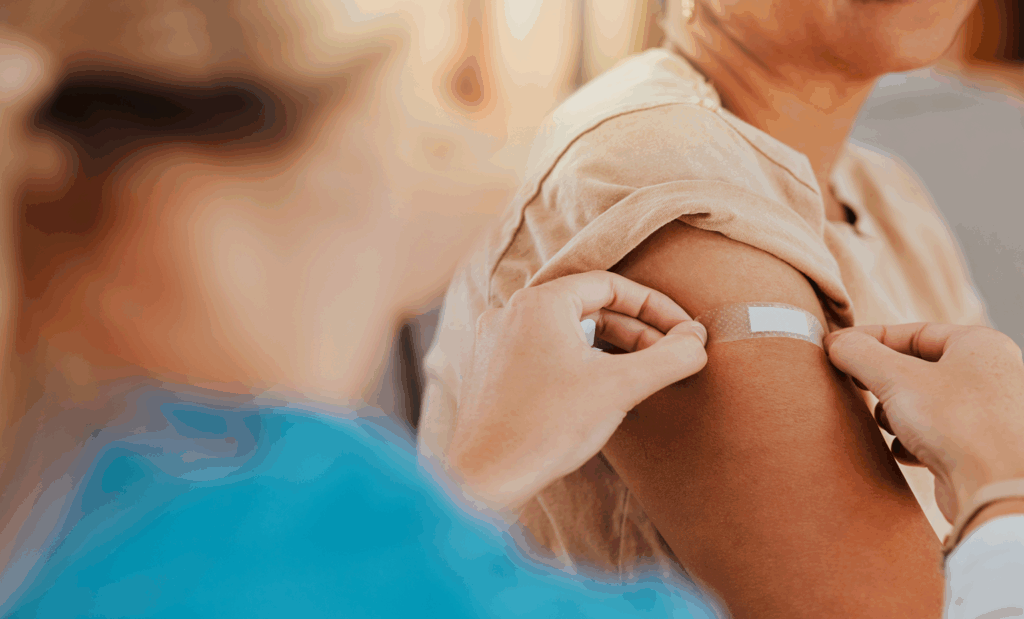Health and Wellness
Navigating cancer and sex: A guide for patients and partners
Navigating intimacy during cancer care requires understanding, open dialogue and professional support to foster connection and healing.

Navigating intimacy during cancer care requires understanding, open dialogue and professional support to foster connection and healing.









